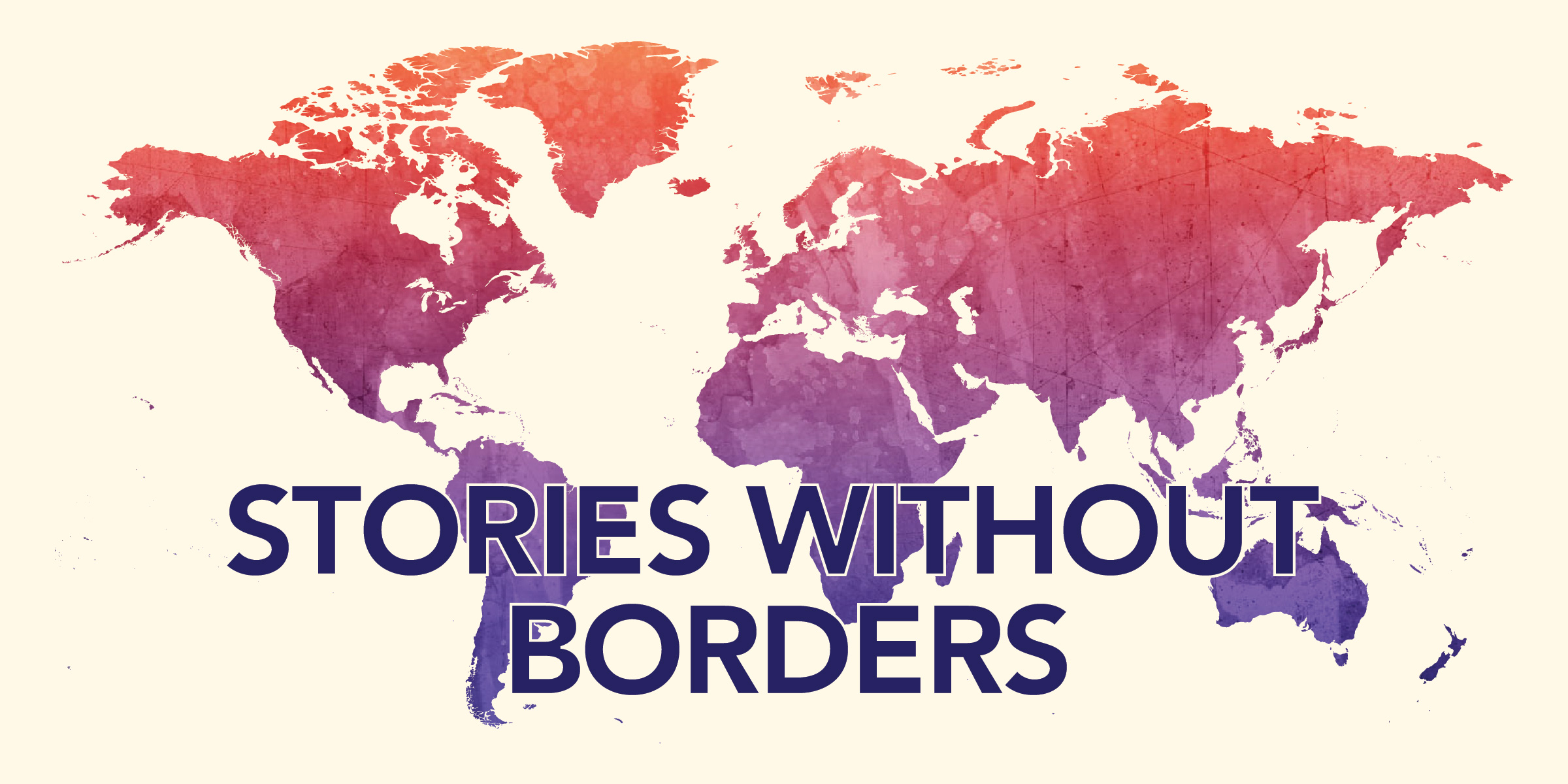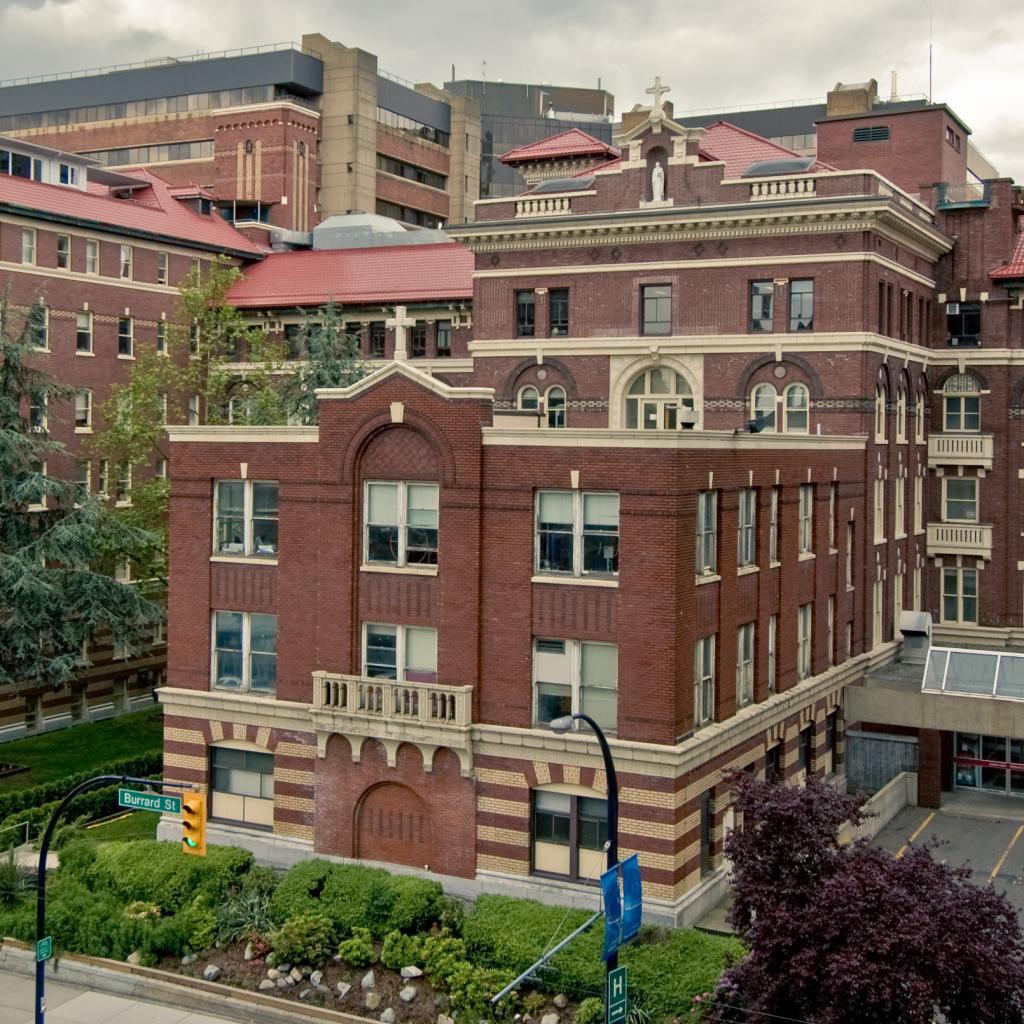The Martlet is excited to announce the return of Stories Without Borders. We’ll be collaborating with the World University Service of Canada (WUSC) to tell the stories of students who have come to UVic through the Student Refugee Program, and by sharing the stories of these students, we hope to dispel myths about newcomers and the newcomer experience. In the interest of protecting these students and their families, we will be using aliases. However, the rest of each story will remain unchanged.
Previous instalments of SWB: Part one, part two, and part three.
For our fourth instalment, we spoke to Max, a Master’s student in Engineering who comes from Damascus, Syria. Our interview took place on Jan. 29 — the day after President Donald Trump announced his executive order banning travellers from seven Muslim-majority nations.
This interview has been edited for length and clarity.
The Martlet: What truths would you want the UVic student body to know about Syria?
Max: When I first arrived in Canada, I had energy to discuss Syria, I had energy to clarify to people what is going on in Syria and why I am here and what happened before. And sometimes, yeah, you have to clarify. But recently, I discovered that I don’t have energy anymore to discuss with people what’s going on in Syria and just clarify why I am here. I discovered that maybe this energy should be concentrated on what matters for me: my studies, and my work.
I think it’s become so hard recently and I don’t think that there is any benefit to go into discussions with people that don’t want to understand. There’s two kinds [of people]: there’s some people who want to know about Syria, and there’s others asking questions as if they want to practice ignorance against you. So it’s better to not respond. Because it’s a waste of energy.
Recently, I was in the international forum for Amnesty International. I was a speaker as a Syrian panellist about refugees. So in those kinds of things, I am ready to participate. I am ready to talk, because I know there is purpose to talk . . . I know if I am talking, there are people who will take action, like Amnesty International, because they will know the situation. But in general, I will not go through any discussions [with other people].
Sometimes when you are here, you want to forget what happened in the past. But every day, every week, you have to remember that you are from Syria. ‘Don’t you forget, you are from Syria, you came from a war zone, you have to remember the dictatorship, you have to remember you were detained two times’ — because I was detained two times — you have to remember the torture and violence that they act against you. And I have several injuries in my body still now, so if I wanted to remember every day, every week, I will not succeed here. Really, I will be depressed. I will fall into depression. That’s the situation that I will be in. I will be depressed. That’s why I wanted to forget — I wanted to kill myself, you know? I wanted to just forget, to focus on the future.
What are two positive experiences you’ve had in coming to UVic as a student?
The staff are really cooperative in engineering, and they helped me a lot through the procedure to adapt . . . The professors here are so cooperative.
What is an interesting cultural difference between Canada and Syria?
[Laughter] It’s not between Canada and Syria, it’s between Canada and the world: sorry. [More laughter] Using ‘sorry’ so much. I read about it before I came to Canada and I discovered it here. I think it’s true. I remember this is one incident after I arrived: I was just walking here on campus and, unintentionally, I dropped something on the ground. So there is someone coming opposite of me and he gives me the things and says to me “sorry.” So I said to myself, “Who has to be sorry about that? Me or him?”
Have you been following the news about the travel ban in the United States?
Yeah. I’m really upset. I was following the news yesterday the whole day. Just seeing the response of the media firms, everybody, politicians, leaders of the world. I am really upset about that. I am one of those who is banned [from going] to the United States. Imagine if I wanted to apply for a job at Intel or Facebook or Google in the future. I am banned from going to the United States.
I have some friends in Chicago, in Seattle — I would like to go over there, and I have a plan to go over there, but I’ve had to cancel it with my friends . . . even though we have Canadian passports . . . This is, for me, why I am upset in general, but I am upset with the whole situation.
I can’t imagine that I live in this time, to see this in the United States, in what they call “the land of freedom, the land of justice.” I can’t imagine how the American people voted for someone who violates every single verse of the Constitution. How he can ban [those with] dual citizenship from being on their country, from coming to their country?
Imagine the separation that will occur for the families! For everything! If someone has work in the United States and he wanted to return, now he can’t so he will lose his job. So many lives will be upside down. That will be really horrible.
If you were to either address Trump personally, or Canadian conservatives, what would you say to them?
I want to say to conservative Canadian people that what you see now in the United States, these are not Canadian values. There is one Conservative leader, I forget her name, she asked for screening of Canadian values. [Editor’s note: Max is referring to Canadian Conservative Party leadership candidate Kellie Leitch.] What are Canadian values? For me, the Canadian values are universal values: human rights, justice, equality, anti-discrimination about ethnicity and gender. These are the universal values. And these universal values are Canadian values, American values, Syrian values. They should be the values of every single person in this world.
So I would want to tell them that you see now in America what is happening, and these are not Canadian values. And please don’t bring these kinds of things here to Canada . . . I think no human is illegal. Every human is legal.
For more Stories Without Borders, read part one, part two, and part three.







